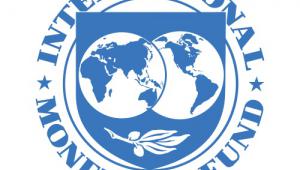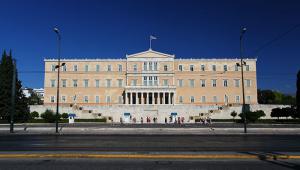Growth is forecast to be between 1% and 2% this year, while inflation is expected to climb to 10%.
The country’s currency, the gourde, depreciated sharply in June and July, triggered by the uncertainties surrounding parliamentary elections in the Caribbean nation.
However, the IMF said Haiti’s monetary authorities had responded well to the currency fall, taking action that had seen the gourde regain around half of its 17% loss against the dollar.
“Nevertheless, the depreciation, coupled with food price increases resulting from the drought, is expected to push inflation up to around 10% this fiscal year,” said the IMF’s W. Christopher Walker following a mission visit.
“The relaxation of the monetary policy measures taken in response to the depreciation should be carefully calibrated, proceeding only when public-sector borrowing requirement is reduced, in order to maintain an orderly exchange rate market and protect the level of international reserves.”
There was good news on the central government budget, with revenues up 20% on the previous year and spending controls working well.
Despite this, risks to Haiti’s fiscal stability remain, the IMF said, particularly the costs of supporting the state-owned power company, which is subsidised at a rate of around 2% of gross domestic product. It welcomed the Haitian government’s promise to reform the company and limit the size of these subsidies.
Overall, the government is aiming to run a deficit of 2.3% of GDP in the financial year that starts next month, Walker said.
“[The government] presented the broad outlines of their planned 2015/16 fiscal policies, which include an emphasis on raising additional revenue through a range of measures, but mainly through reforms to land taxation and leasing procedures. Capital investment is expected to focus on enhancing agricultural infrastructure, but externally financed investment is expected decline from 2014/15 levels.”












